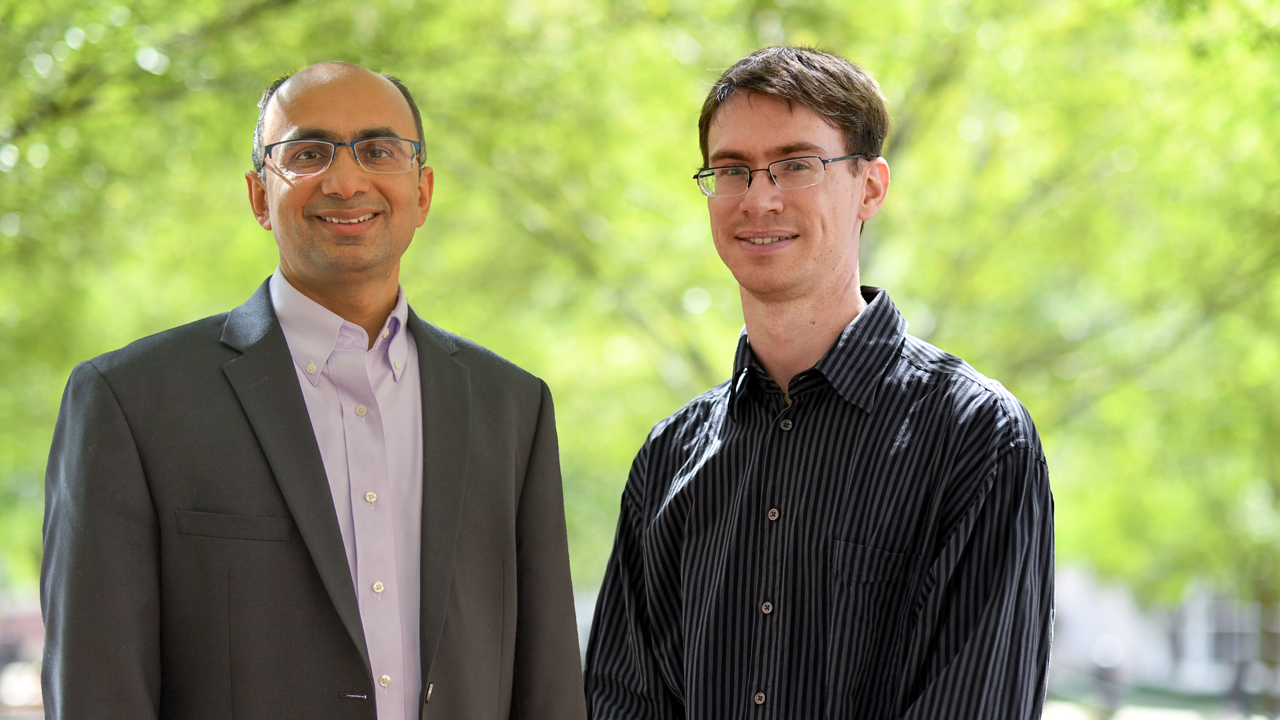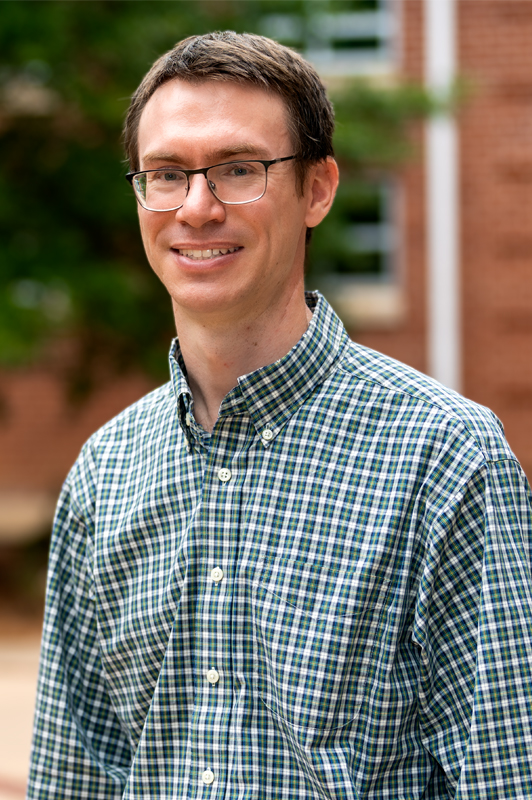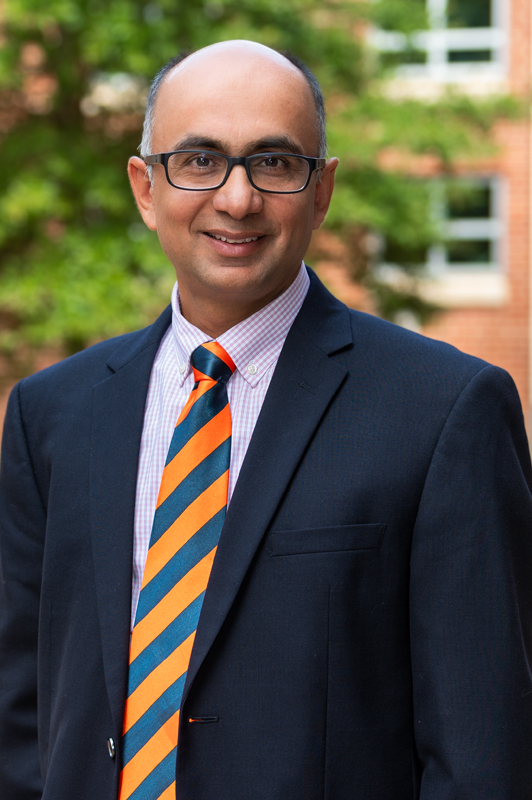Biosystems faculty to train undergraduate researchers in bioprocessing with NSF award
Published: Jul 2, 2021 1:22 PM
By Virginia Speirs
Reduce, reuse, recycle. Especially if you can research cool, new ways to do it.
A team of Auburn faculty recently received a grant from the National Science Foundation to host a REU site, a program where a university hosts 10 undergraduate students to do scientific research each summer. The project will focus on ways to convert waste into new and useful products through bioprocessing.
Led by Brendan Higgins, assistant professor of biosystems engineering and Sushil Adhikari, Alumni Professor of biosystems engineering and director of the Center for Bioenergy and Bioproducts, the 10-week program will be offered to a selection of students from a pool of undergraduate applicants studying at universities around the nation, who will each be paired to work directly with an Auburn University faculty member.
“The purpose of our site is to train them in research focused on converting waste materials and waste products back into products of value,” Higgins said. “So we have a team of faculty across the university who do research in this area, and we have four projects that the students will engage in.”
The program received $391,099 from NSF, with a focus on giving opportunities to underrepresented students. Students from around the country who go to universities that do not have research programs will have priority when it comes to this program, Higgins said.
“NSF’s goal when they created this program was to maximize the diversity of students that are able to experience research,” Higgins said. “We’re particularly targeting students who might not otherwise have the opportunity to do this.”
Students will do research either in a lab or in the field, depending on what kind of work is necessary for the individual project, Higgins said. Most of the 10-week period will be dedicated to research. A smaller amount of time, however, will be dedicated to professional development.
“The students are going to be learning how to become a researcher,” Higgins said. “Another theme of our site is teamwork. The communication aspect of science is also a big component.”
To do that, students will be encouraged to co-author a paper about their research with their faculty mentor, Higgins said.
“I kind of have this viewpoint that if you didn’t tell someone you did something, you didn’t do it,” Higgins said. “Also, publishing is really part of the scientific process. Telling people what you’ve discovered is really important.”
Some of the projects that the students will be working on include: making sensors for disease detection out of waste biomass, making adhesive out of discarded plant matter and upgrading agricultural waste water into protein. All of these projects will be significant in helping convert waste into useful products, which will help our planet long-term, Higgins said.
“The most impactful outcome we want from an REU site is a change in perception among the students,” Higgins said. “We want to know how the attitudes of our students changed throughout the program, and if they began to see themselves as a researcher during this program. Our hope is that this will reinforce and strengthen the desire in our students to continue their research career.”
The application for this REU site will open in September.
Media Contact: , cmontgomery@auburn.edu, 334.844.3668
Sushil Adhikari and Brendan Higgins



